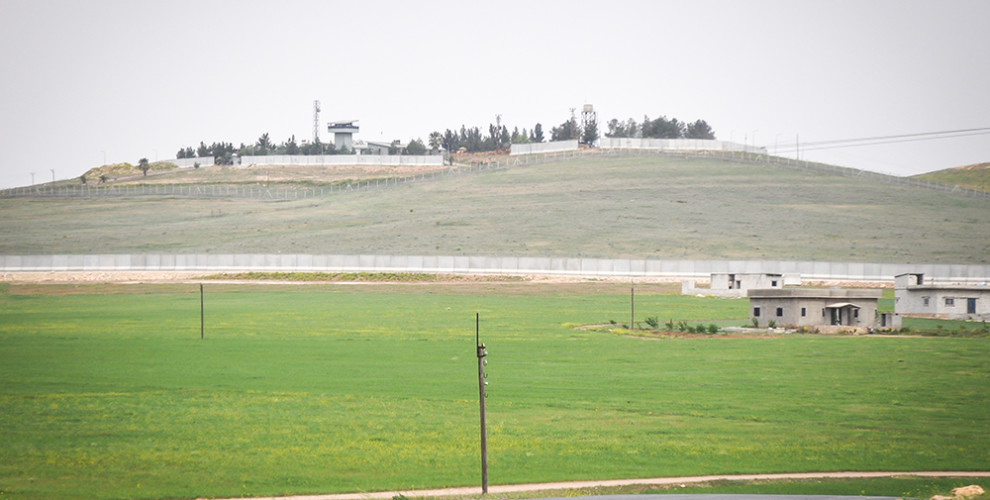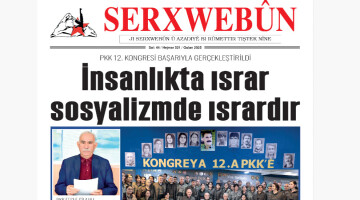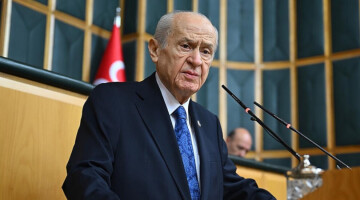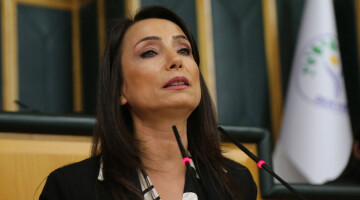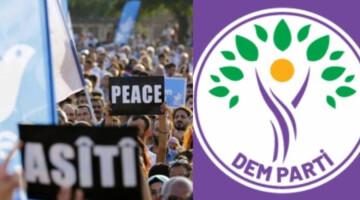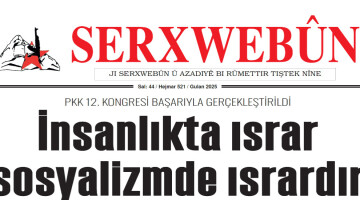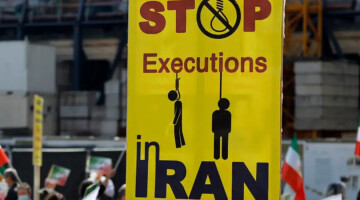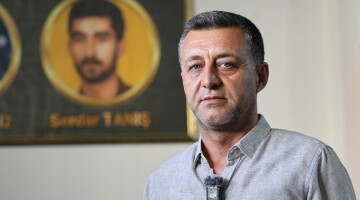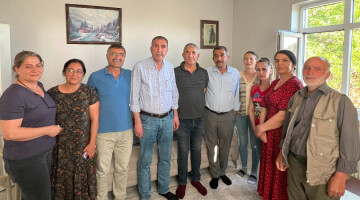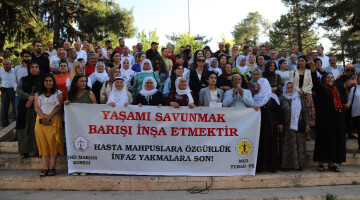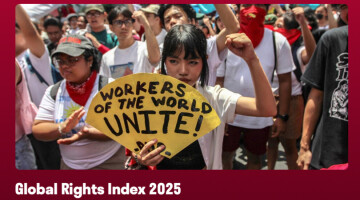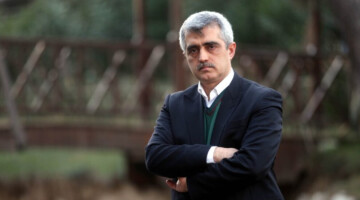The Euphrates and Cizire regions are in peace now that they are rid of the ISIS gangs, but the invading Turkish state carries out attacks along border areas aiming to force people to migrate. The Euphrates Human Rights Center is documenting these interventions to be submitted to international courts.
The regions under hegemons’ control are areas with the most clashes in Syria, but the Northern Syrian region and the Tartus province are relatively safe.
The invading Turkish army constantly attacks the region to disrupt the peace and to force people to migrate out of their lands. These deliberate attacks by the Turkish army have cost dozens of civilian lives in recent years.
The Euphrates Human Rights Center based in Kobanê is working to document the Turkish state’s attacks against civilians in villages along the border between Rojavayê (Western) and Bakurê (Northern) Kurdistan to be submitted to European Court of Human Rights (ECHR) and other international legal authorities.
The invading Turkish army had most recently opened fire on civilians in the Alishar, Yabîs and Menbethê villages and several villagers had been wounded. The Turkish state had also occupied several fields in the Euphrates region and along the Kurdistan border.
Meanwhile, the Euphrates Human Rights Center has been working together with military and other institutions to investigate the fate of some 200 individuals abducted and disappeared by ISIS gangs from the Kobanê Canton. Families of the disappeared appeal to the center to register the identity information of their relatives.
Outside of these efforts, the Euphrates HRC is also monitoring the situation of arrestees held in prisons in the Euphrates region.
The organization also visits migrant camps in the Euphrates region and meets with migrants and refugees, documenting their reasons for migrating and relaying their demands to aid organizations.

